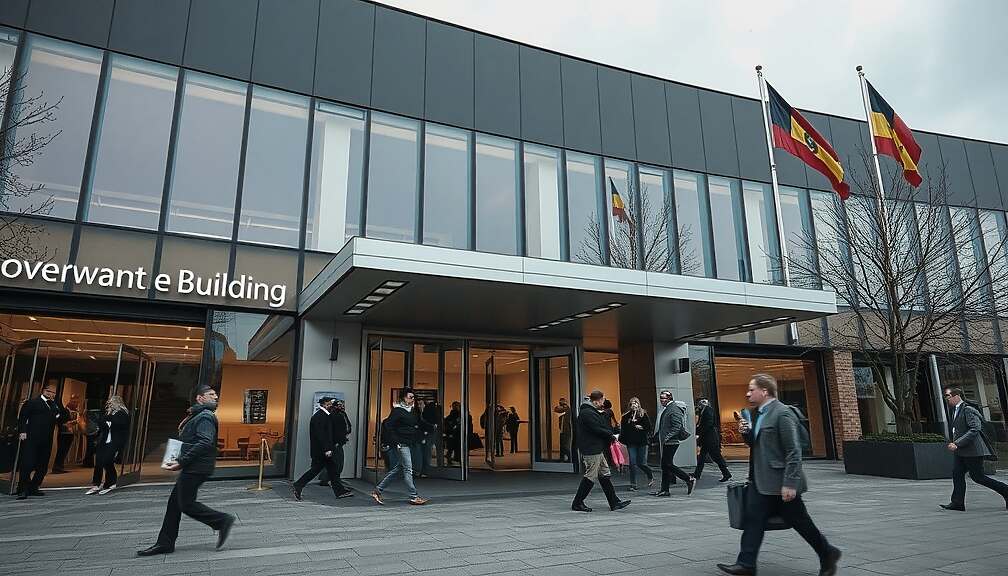Germany’s ongoing debate surrounding border control costs has seen both support and criticism from across the political spectrum. Recent figures indicate expenditures of approximately 80 million euros related to reinforced border security measures.
Sebastian Fiedler, SPD spokesperson for domestic affairs, emphasized that a significant portion – 37.9 million euros – represents potential overtime payments for law enforcement officials. He explained that these costs are not immediately incurred, but accrue if overtime cannot be compensated with time off within a year. He cautioned that prioritizing time off could strain law enforcement’s ability to fulfil core duties. Fiedler also noted that while overtime pay is offered, the hourly rates – ranging from 18.22 to 34.46 euros depending on grade – are subject to taxation, potentially diminishing the net benefit for officers.
Fiedler framed the financial discussion as secondary to the need for improved migration and border management, acknowledging the efforts of previous Interior Minister Nancy Faeser and current Minister Alexander Dobrindt. He highlighted longstanding issues with the functionality of border management systems at EU external borders, citing a high number of individuals controlled at German borders who had not been previously registered at the EU level. He asserted that knowing who enters the EU is paramount and internal controls are necessary as long as external border management remains imperfect.
Alexander Throm, CDU spokesperson for domestic affairs, voiced strong support for the expenditure, characterizing it as an investment in national security. He argued that the true costs lie with illegal migration – financially, socially and from a security standpoint – and advocated for continued controls to maintain order and cohesion.
Conversely, Irene Mihalic, Green Party parliamentary director, sharply criticized the spending, describing it as a policy driven by impulse. She argued the over 80 million euro expenditure is a considerable burden on the federal police, disrupts commuters, harms the economy and undermines European cooperation. Mihalic disputed the assertion that the controls enhance internal security, pointing to the vastness of Germany’s borders and the ineffectiveness of the measures against smuggling. She called on Minister Dobrindt to justify the continuation of what she termed a “populist, enormously expensive and unlawful” policy.












